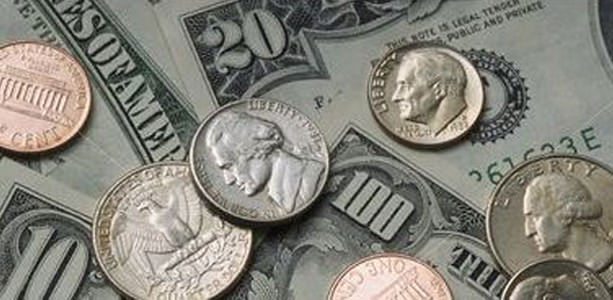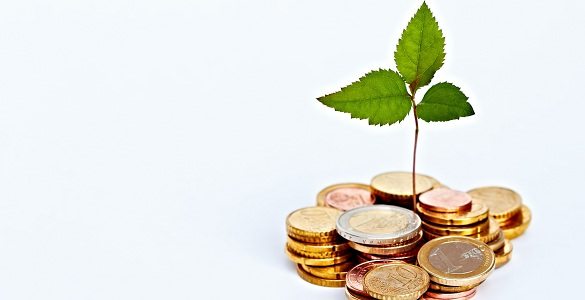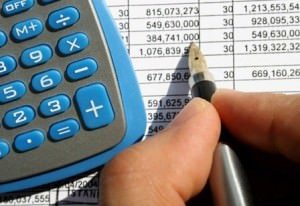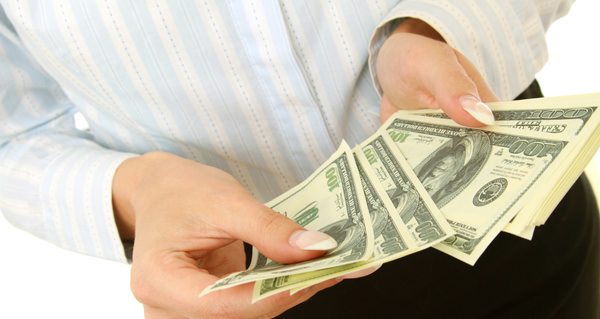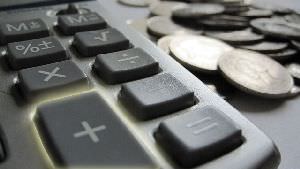Personal Financial Plan – Spend Money
When you have a sound personal financial plan in place, you can feel secure about your future. If you do not have a plan now, do not worry. It is not too late to start one. A personal financial plan requires discipline in the way you spend money. Read this article for some practical on how you can start planning for your future.
The basic rule in managing your finances is: never live beyond your means. You may be attracted to a lifestyle filled with nice cares, expensive clothes, and exotic vacations. However, you have to face reality. You earn a certain amount of income every month, and your living expenses should not exceed that. If it does, you will set yourself up for a debt problem that will be difficult to solve.
Create Your Own Personal Financial Plan
With any personal financial plan that you want to develop, it must include a sound budget. This budget is your guide in how you spend your money. When you make your budget, write down how much income your household takes in every month. Then, list down your expenses be categories, and add in a line for savings. After you have these listed, start allocating your monthly income into these categories. After everything is written down, the total of your expenses should not exceed your income. If you create a budget and stick to it, you will have better control of your money.
Debt can prevent you from achieving financial security. Loans, especially credit card loans, come with high interest rates. If you have an outstanding balance month after month, your total debt will just get bigger as interest and penalties add to your balance. Even though you may make a minimum payment, the debt will grow faster that you can pay off. Therefore, if you have high-interest debt, focus on paying that off first. If you are really deep in debt and cannot seem to make any headway in climbing out of it, consider contacting a debt consolidator to help you come up with a payment plan.
Your savings strategy should include contribution into a retirement fund. If you work for a company, your employer may offer a 401K plan. If one is not available to you, then you should look into opening your own retirement account at a reputable financial institution.
You may not think that you are making enough to save anything, but saving should be a top priority. In your plan, aim to pay yourself first. Decide on an amount of your monthly income that you are going to save. 10 percent is a typical savings rate. If you can save more, all the better for you. Whatever money is left after you accounted for savings will go into paying expenses.
Be sure to set up an emergency fund, and contribute to that periodically. It should contain enough money for you live on for four to six months. This is in case you lose your job or experience a catastrophic need for money.
A sound personal financial plan will give you peace of mind. Use the information in this article to start developing a plan that will ensure you of a comfortable future.
